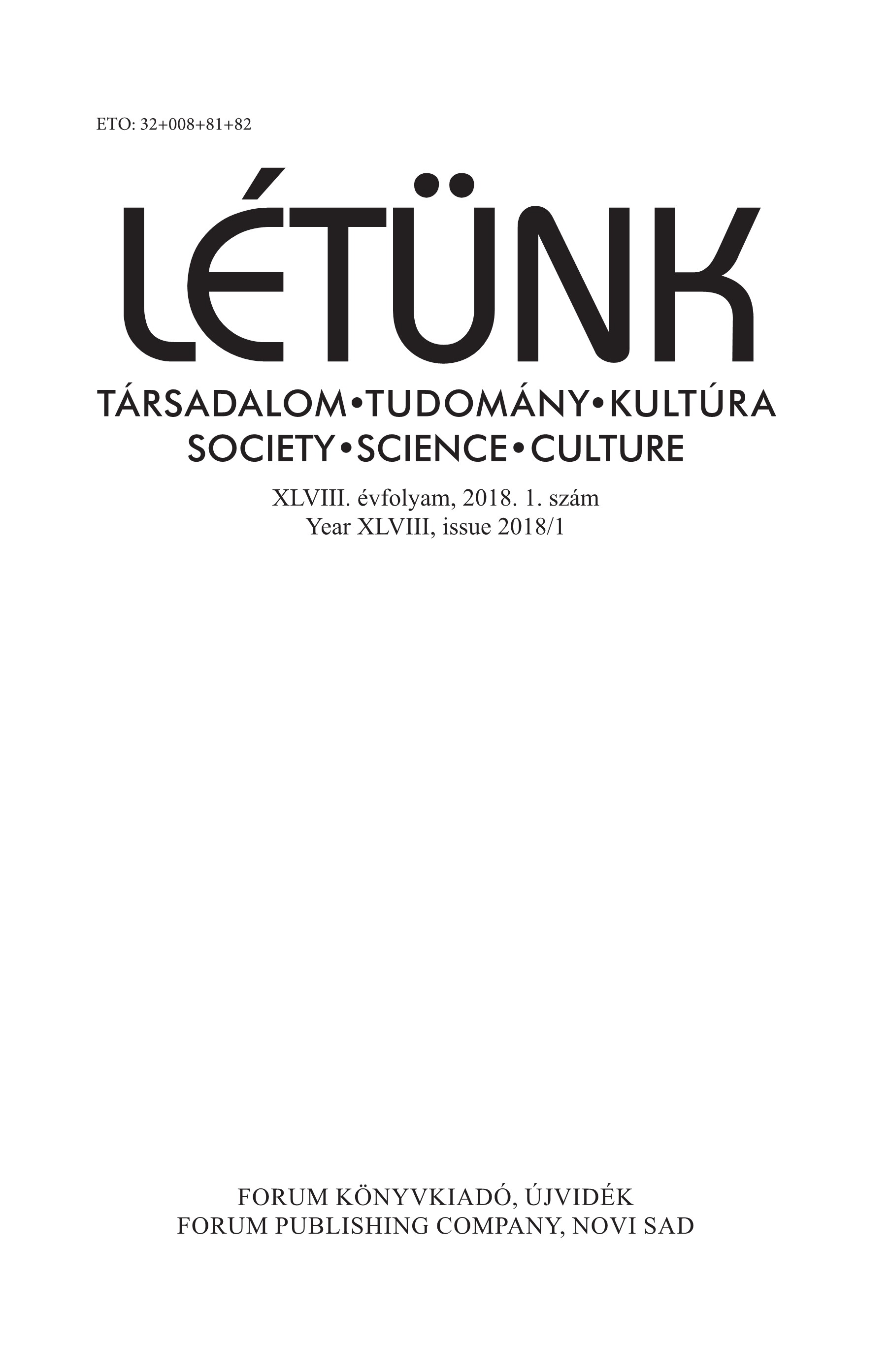Az EU mint „puha birodalom” (Az Európai Unió és Oroszország viszonya az új Eurázsia-koncepció tükrében)
The EU, as a `Soft Empire` (The Relationship of The European Union and Russia in the Mirror of the New Concept of Eurasia)
Author(s): Tibor PapSubject(s): Political Philosophy
Published by: Fórum Könyvkiadó Intézet
Keywords: The EU as ’soft empire’ Europeanisation; concept of Eurasia;the ‘soft empire’theorem; Beck; Dugin
Summary/Abstract: An unfortunate current aspect to our lecture is that Ulrich Beck, a definitive figure of the second generation of post-war German social theory, passed away on January 1, 2015. His life’s work, focusing on Europeanisation, presents one of the most usable – revolutionary – descriptions of the globalised world: he also shares the opinion that ‘understanding’ reality is, in and of itself, a revolutionary act. Reflexive modernity prompts us to reconsider our narrower subject matter as well: the relation of West-Balkan and Europeanisation. A recurring notion of Beck’s books is that greater action space can only be attained through a partial relinquishment of sovereignty. The German example demonstrates this. His works contain fine arguments for the foundation of self-governance: for the mutual acceptance of a bottom-up and democratic procedural order. The action potential of the players is optimised by the recognition of the new situation. – he claims. In the Europe of differences and acknowledged particularities, diversity brings about not a multitude of problems but opportunities of solution. This is the essence of cosmopolitan integration. The “upstream” principle leads to the root of the challenges. It is also the way to the connection between majority-principled decision making and the automatic exclusion of minority communities. The social success of Europeanisation partly depends on the revision of elements of ‘democracy’. This cannot be envisioned without reinterpreting the role of communities at Europe’s periphery, including the relation between nation state and its neighbours and between nation state and the EU as well. We intend to elaborate on the relationship of Beck’s ‘soft empire’ and peripheral states According to this theorem, the EU is a non-homogeneous and non-hegemonic empire.) The starting point of a new approach is that the main problem is not any nation building program, just as Beck and others of the normative school claims. In our view, the reasons for the ever recurring, persistent problems with the issues of nation/state and environment/neighbours are: the majority-principled decision-making and regional segmentation (state), and the fixed nature of borders (unchangeable by democratic means).
Journal: Létünk
- Issue Year: XLVIII/2018
- Issue No: 1
- Page Range: 93-113
- Page Count: 21
- Language: Hungarian

